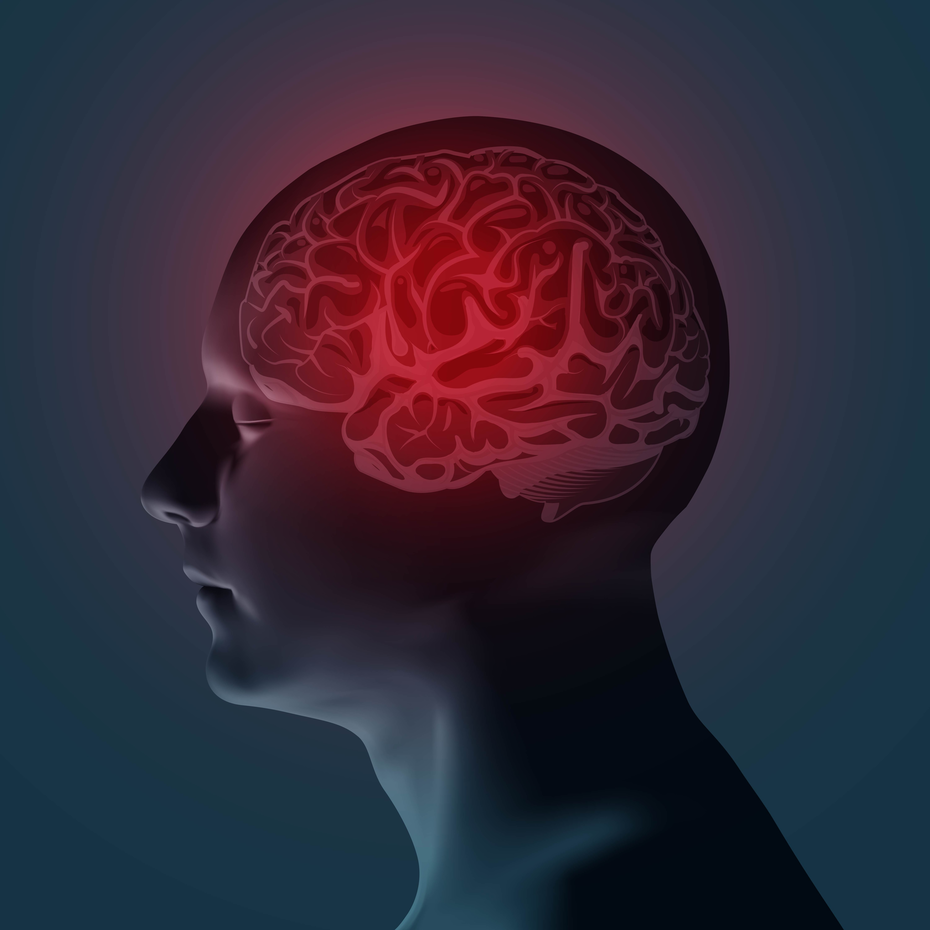Article
Tardive Dyskinesia Highly Prevalent with Certain Non-antipsychotic Medication
Author(s):

Tardive dyskinesia (TD), a disorder that causes involuntary, repetitive movements, typically occurs in patients treated with antipsychotic agents for extended periods. However, a number of other medication classes with different mechanisms of action than those of antipsychotics are also associated with TD.
To determine which currently prescribed agents are associated with TD, a team of investigators did a PubMed search by using keywords and combined word searches related to medication-induced TD and included as many recent articles — published in 2015 or sooner — as possible in their literature review.
Elyse Cornett, PhD, (pictured) assistant professor and director of research in the Department of Anesthesiology at Louisiana State University Health Sciences Center (LSUHCS) in Shreveport, Louisiana, led the investigative team.
Cornett is also assistant professor of research in the Department of Anesthesiology at the LSUHSC School of Medicine in New Orleans, Louisiana. The investigative team also included members from that department, the Medical College of Wisconsin in Wausau, Wisconsin, and the Thomas J. Long School of Pharmacy and Health Sciences at the University of the Pacific in Stockton, California.
Although the team found the reported incidence of TD appears to be lower than that reported before the introduction of atypical antipsychotic agents, atypical agents still pose a risk of TD. Moreover, certain atypicals such as aripiprazole (Abilify) and risperidone (Risperdal) increase the risk of TD, and olanzapine (Zyprexa) was associated with a 16% prevalence of TD. And the team noted that no specific guideline identifies which medications to switch to when TD develops in patients treated with antipsychotic agents.
TD is also a well-recognized adverse effect of treatment with antidepressants. Although TD induced by antidepressants is less prevalent than that induced by antipsychotic agents, TD associated with long-term use of antidepressants is common in the elderly and is worse in patients previously given lithium. In particular, fluoxetine (Prozac, Sarafem) can lead to TD or TD-like symptoms, which may last as long as 1 year after fluoxetine withdrawal. And increasing age is an important risk factor for TD related to sertraline (Zoloft), although TD has also been reported in sertraline-treated adolescents as well as in the elderly.
Several other classes of medications are associated with a high prevalence of TD, although they are not commonly considered TD-inducing. Anticholinergic agents such as procyclidine (Kemadrin) may worsen TD symptoms, although one study showed that TD resolves in most patients after such treatment is discontinued.
The antiemetic metoclopramide (Reglan), a dopamine antagonist, is strongly correlated with TD. Risk factors include old age, female sex, history of diabetes, and taking metoclopramide for more than 12 weeks. However, this agent is the only medication approved by the US Food and Drug Administration (FDA) to treat gastroparesis, so alternatives for preventing TD onset in patients taking metoclopramide are absent.
The anticonvulsants carbamazepine (Tegretol) and lamotrigine (Lamictal) have also been associated with TD. Parkinson’s disease (PD) is more likely to develop in patients who take valproate (Depacon) than those who take other anticonvulsants. Phenytoin (Dilantin) has a well-documented association with TD, particularly in children and young adults.
TD may be associated with prolonged use of antihistamines such as hydroxyzine (Vistaril), and dystonia may result from the use of decongestants such as the diet aid phenylpropanolamine (Accutrim, Dexatrim).
The antimalarials chloroquine (Aralen) and amodiaquine (Camoquin) are both associated with TD, although each has a different mechanism of action.
Levodopa-induced dyskinesias are especially common in patients with early-onset PD, and larger doses of levodopa are associated with a greater incidence of TD or a more prolonged TD course.
Of the anxiolytics, barbiturates are some of those more commonly associated with TD, and rapid withdrawal from the benzodiazepine clonazepam (Klonopin) can lead to withdrawal-emergent dyskinesia, a reversible form of TD.
The mood stabilizer lithium may result in TD, particularly when used with antipsychotic agents. And the association between the use of amphetamine or methamphetamine and dyskinesia is well documented.
Although branched chain amino acid supplements can decrease TD symptoms even in patients taking antipsychotic agents, the best approach to TD is prevention. Clinicians must be vigilant in choosing the right drugs, regularly reassessing treatment, and only allowing patients to continue taking medications associated with TD for extended periods when absolutely necessary.
The literature summary, “Medication-induced tardive dyskinesia: a review and update,” was published in the Summer 2017 issue of the Ochsner Journal.
Related Coverage
KINECT Analysis Finds Differently Diagnosed TD Affects Patients Differently
AIM-TD Study: Deutetrabenazine Fixed Doses Reduced Tardive Dyskinesia
No Sign of New Movement Disorders from Long-term Valbenazine for TD





